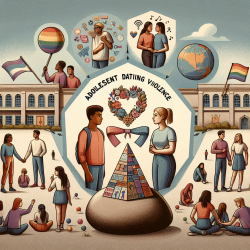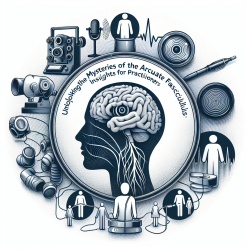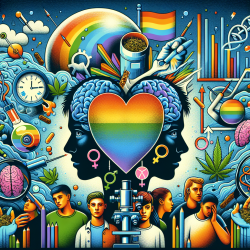Understanding the Impact of Adolescent Dating and Sexual Violence
Adolescent dating and sexual violence (DSV) is a critical issue affecting many school-aged youths. According to the systematic review titled Outcomes Associated with Adolescent Dating and Sexual Violence Victimization: A Systematic Review of School-Based Literature, DSV is linked with numerous detrimental outcomes. This review synthesizes findings from 28 school-based studies, highlighting significant associations between DSV victimization and various adverse outcomes, including mental health issues, substance use, and academic challenges.
Key Findings from the Research
The research underscores several important outcomes associated with DSV:
- Mental Health: Victims of DSV often experience increased rates of depression, anxiety, and suicidal ideation. The review identifies that these mental health challenges are exacerbated by experiences of DSV, with some studies showing a strong link between victimization and self-harm behaviors.
- Substance Use: There is a significant correlation between DSV and substance use, including alcohol, tobacco, and illicit drugs. Victims of DSV are more likely to engage in substance use as a coping mechanism, which further compounds their mental health issues.
- Academic and Social Outcomes: DSV negatively impacts academic performance and school engagement. Victims often report lower grades and a decreased sense of school belonging, which can lead to long-term educational and social challenges.
Implications for Practitioners
For practitioners working with adolescents, these findings highlight the importance of early intervention and comprehensive support systems. Here are some actionable steps practitioners can take:
- Implement Training Programs: Schools should offer additional training for staff to recognize signs of DSV and provide appropriate interventions. This includes understanding the nuances of DSV and its impact on different student populations.
- Develop Inclusive Surveys: Schools should conduct surveys that are inclusive of diverse student identities to better understand the prevalence and impact of DSV. This data can inform targeted interventions and support services.
- Focus on Marginalized Groups: The research highlights the need for focused attention on marginalized groups, such as LGBTQ+ students and racial minorities, who may experience higher rates of DSV and its associated negative outcomes.
Encouraging Further Research
While this review provides valuable insights, there is a need for continued research, particularly focusing on the experiences of minoritized groups and the long-term effects of DSV. Practitioners are encouraged to collaborate with researchers to fill these gaps and improve outcomes for all students.
To read the original research paper, please follow this link: Outcomes Associated with Adolescent Dating and Sexual Violence Victimization: A Systematic Review of School-Based Literature.










